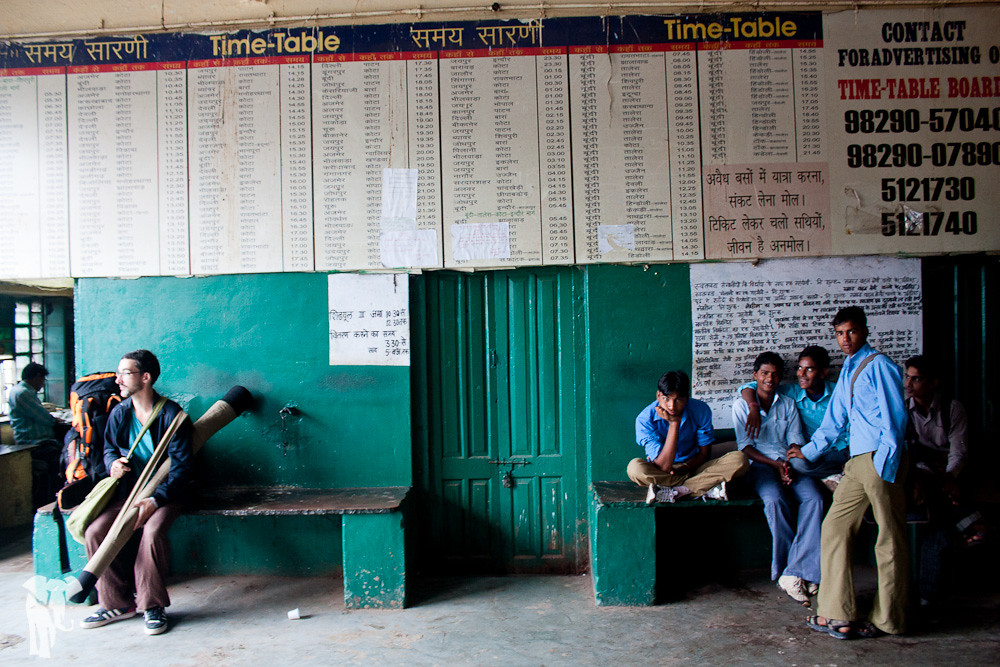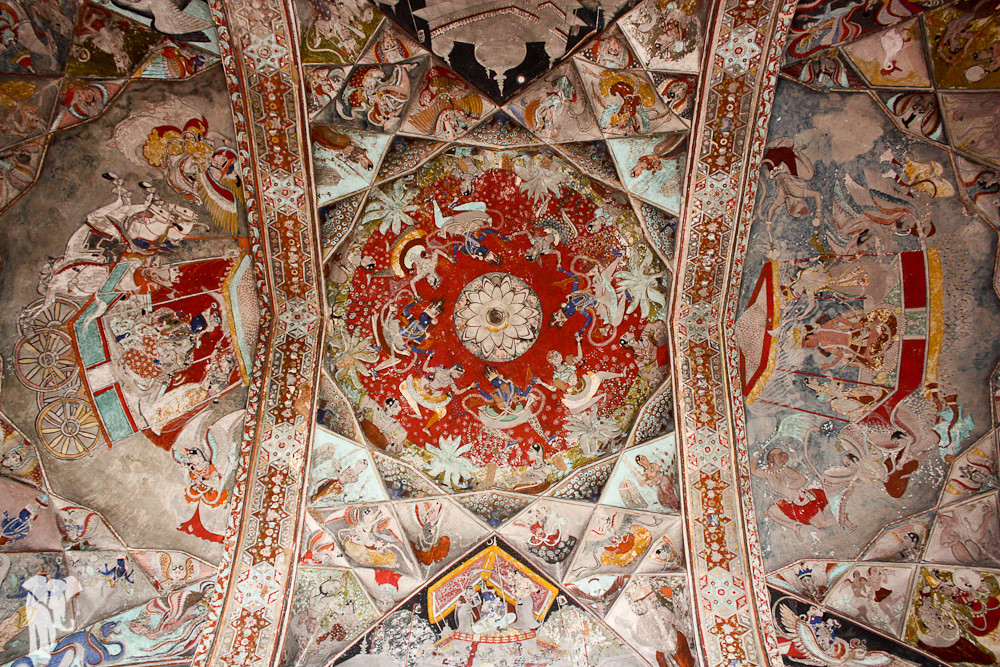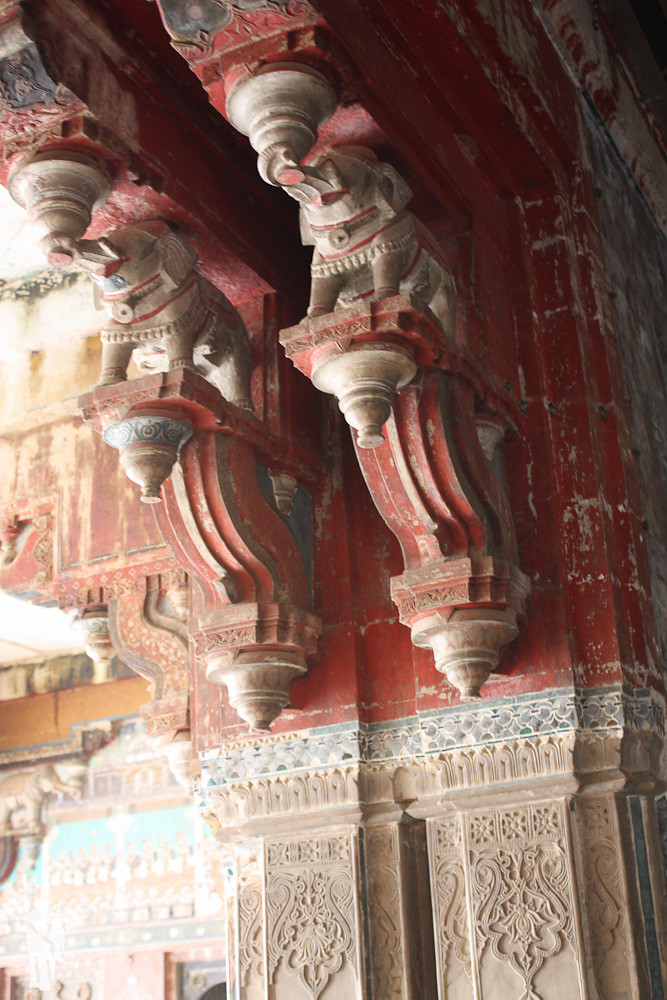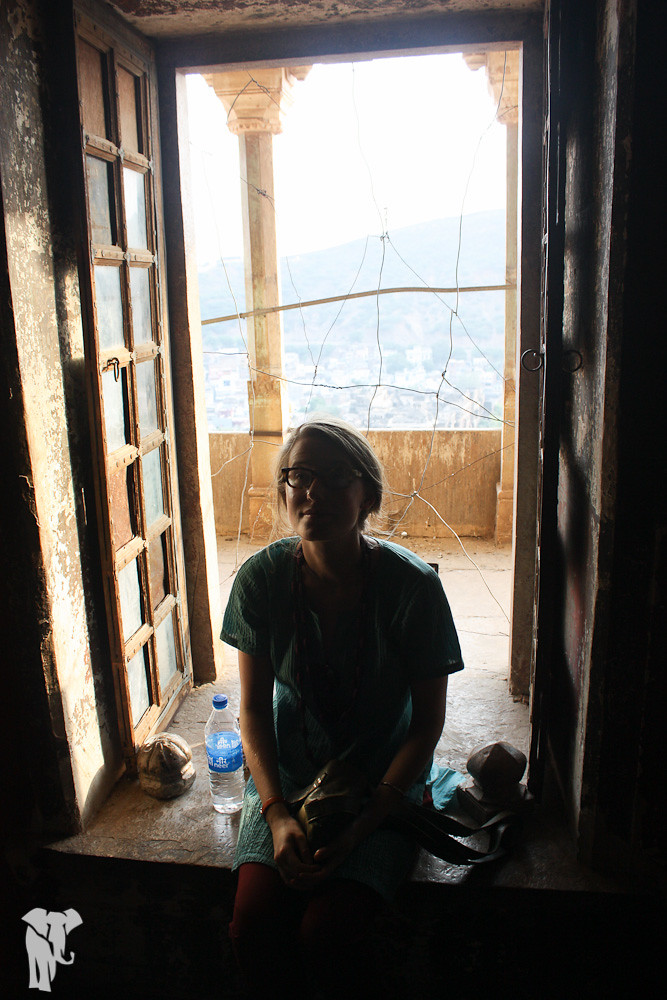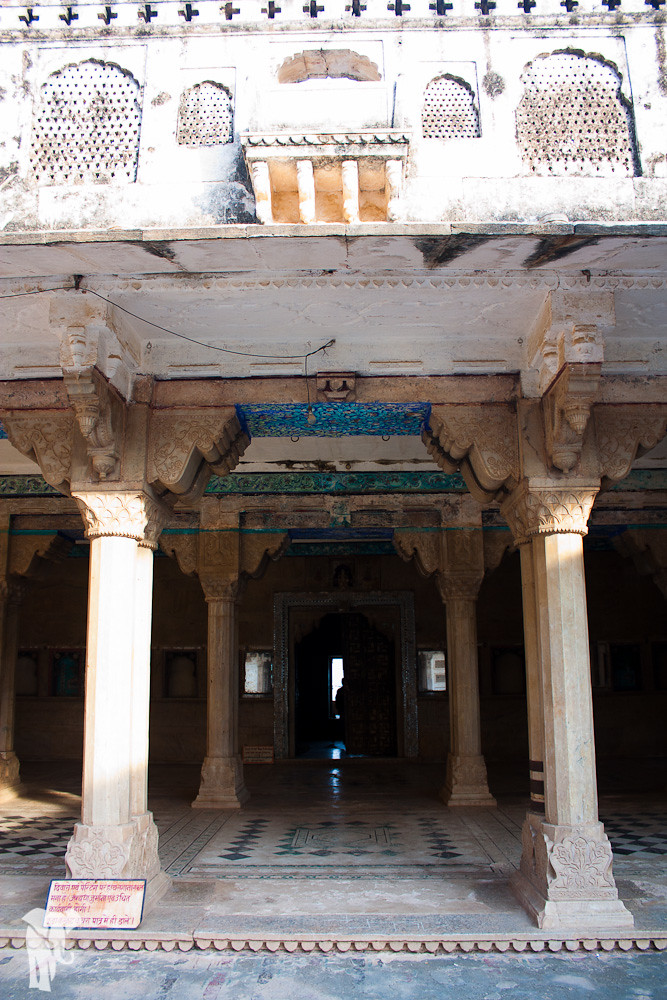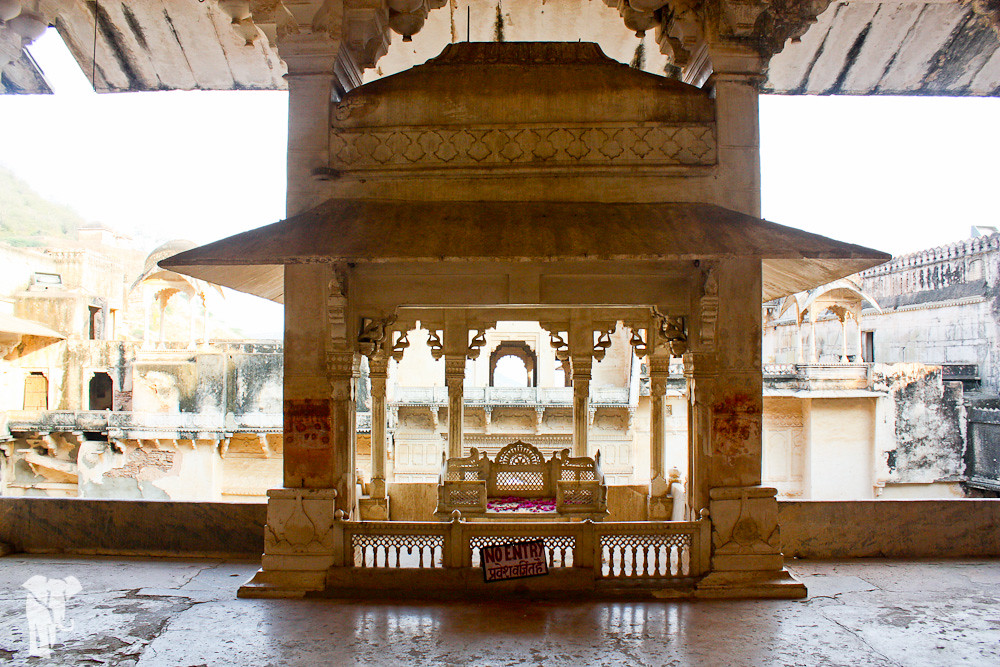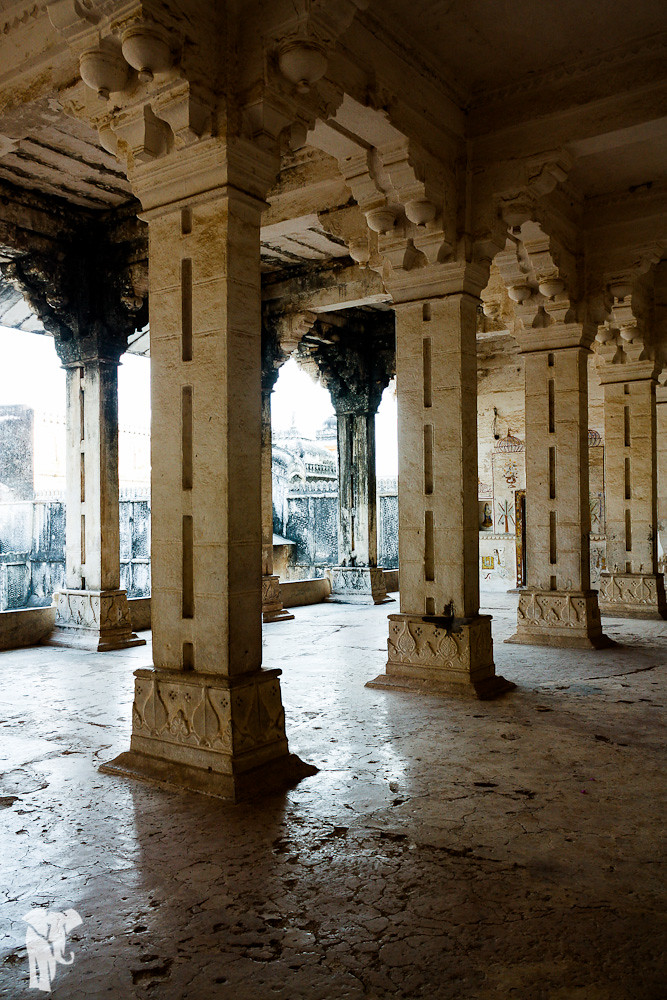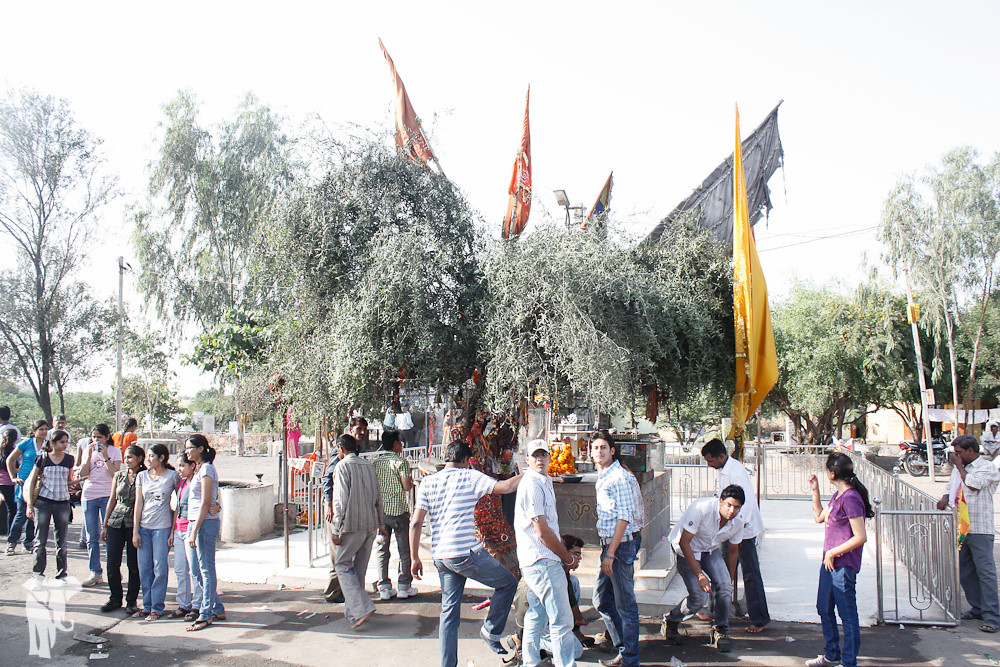A cover story in Tehelka a few weeks ago about the controversy surrounding Arundhati Roy and an accompanying interview. For background, Arundhati made several statements about Kashmir in a speech given in Delhi. In it, she said that
When I was in Kashmir.. what broke my heart on the street of Srinagar was when people say "Nanga Bhukha Hindustan, Jaan se Pyara Pakistan" and I said no because "Nanga Bhukha Hindustan" is with you, and if you are fighting for a just society then you must align yourself with powers and here are people who have fought their lives opposing Indian state....You have to look beyond stone pelting and how the state is using people. ...You have to know your enemy and you have to be able to respond by aligning tactically, intelligently, locally or internationally.
This raised some fuss, with BJP ministers accusing Roy of sedition. Rather than denying the charge, she instead takes issue with the word 'sedition' itself:
Sedition is an archaic, obsolete idea revived for us by Times Now, a channel that seems to have hysterically dedicated itself to hunting me down and putting me in the way of mob anger. Who am I anyway?
Put in context, Roy is pointing out that the BJP had a very real interest in diverting attention away from its corruption scandals and none-too-small involvement in the Ayodhya violence. As the Tehelka reporter points out at the beginning of her article, Roy has become a favorite target of India's middle classes.
Many in India and abroad, especially those in academia, might have no problem with this. The nation-state, they might argue, is already fading from the picture. From banking to immigration, commercial and local players are taking over from national governments.
The issue is one of legitimacy, and it is in no way limited to India. In the United States, in Europe--really anywhere democracy is struggling to stay alive--people are calling into question the idea that a large, diverse body politic can articulate itself in the form of representative government. This may seem abstract, but it is doubtless the reason Roy so rankles India's political elite. She does not stand for an independent Kashmir, but for the repudiation of state power exercised by the national government of India.
"I am among those who are very uncomfortable with the idea of a nation state," Roy said in the interview. "But that questioning has to start from those who live in the secure heart of powerful states, not from those struggling to overthrow the yoke of a brutal occupation. Sure, an independent Kashmiri nation may be a flawed entity, but is independent India perfect? Are we not asking Kashmiris the same question that our old colonial masters asked us: are the natives ready for freedom?"
